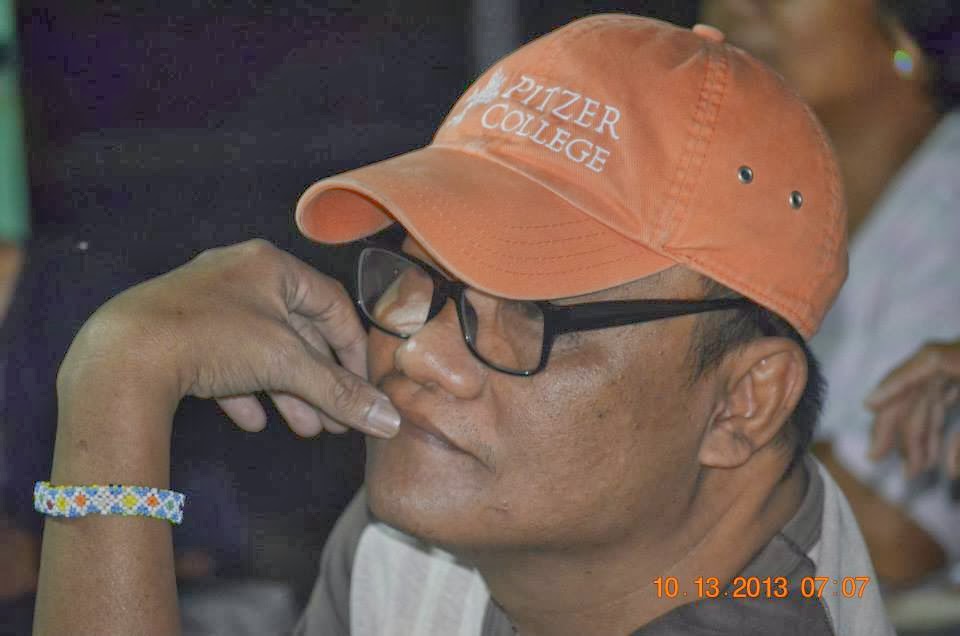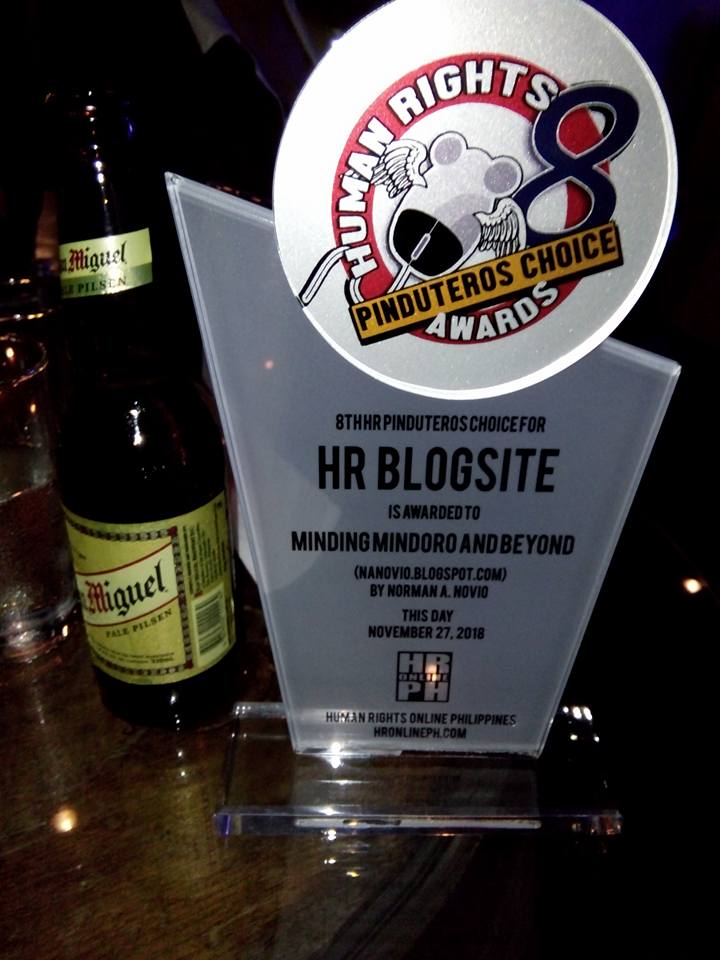Do
not weep, maiden, for this war is kind,
Because
your brother was a drug peddler to the sky
And
he is not to be arrested but destined to death and not alone,
Do
not weep.
This
war is kind.
Hoarse,
booming drums of the law enforcing regiment,
Great
souls thirst for your blood yet you didn’t fight,
Men
of your kind, they say, are not human hence must die.
The
unexplained glory flies above the gory will in them.
Great
is the butcher-god, great, and his abattoir (or was it his kingdom?) —
A
field where a thousand corpses lie.
Do
not weep, babe, for this war for change is kind.
Because
your father was spared by the “yellow” trenches,
Raged
at his breast, resisted thus died.
Do
not weep.
This
war is kind.
Swift
blazing desire to feed his family, his ever-loved regiment
Eagle
whose irreparable self is forever red for gold,
These
men born to felony must straightaway die.
Bystanders
were taught the virtue of slaughter,
Tutored
or tortured on the excellence of killing
And
a field where a thousand corpses lie.
Mother
whose heart hung humble as a button
On
the loosen packing tape that wrapped your son,
Do
not weep.
This
war is kind!
----------
Here is Stephen
Crane’s original poem text:
War is Kind
Do not weep,
maiden, for war is kind,
Because your
lover threw wild hands toward the sky
And the
affrighted steed ran on alone,
Do not weep.
War is kind.
Hoarse,
booming drums of the regiment,
Little souls
who thirst for fight,
These men were
born to drill and die.
The
unexplained glory flies above them.
Great is the
battle-god, great, and his kingdom—
A field where
a thousand corpses lie.
Do not weep,
babe, for war is kind.
Because your
father tumbles in the yellow trenches,
Raged at his
breast, gulped and died,
Do not weep.
War is kind.
Swift blazing
flag of the regiment,
Eagle with
crest of red and gold,
These men were
born to drill and die.
Point for them
the virtue of slaughter,
Make plain to
them the excellence of killing
And a field
where a thousand corpses lie.
Mother whose
heart hung humble as a button
On the bright
splendid shroud of your son,
Do not weep.
War is kind!
--------
(Photo : Time Magazine)







